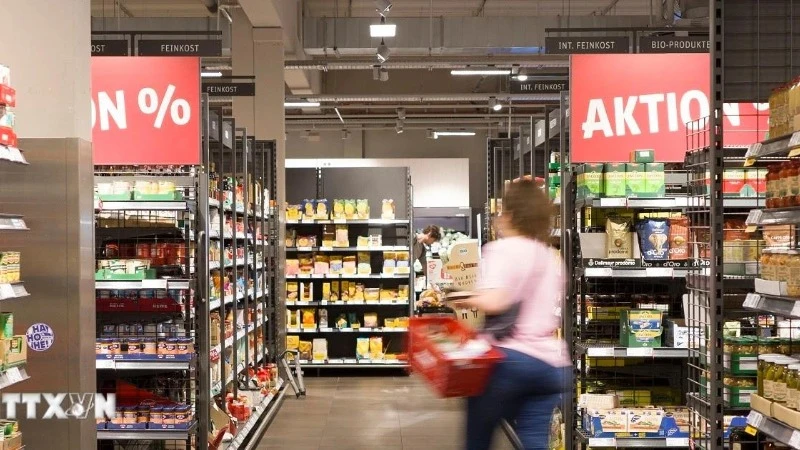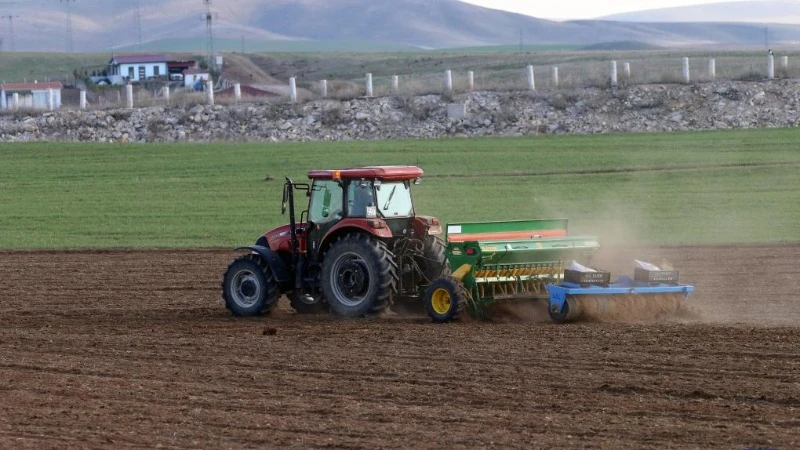According to the Financial Times, inflation in the European Union (EU) has fallen significantly, but has not reached pre-Covid-19 levels. However, EU consumers are experiencing a prolonged cost-of-living crisis. Prices for food and other essential goods are still 30% higher than in 2021, forcing companies to find ways to increase revenue.

Companies across Europe have increasingly tried to attract shoppers by slashing prices on food and other consumer products. However, the discounts have not boosted sales as planned.
Consumers have cut back significantly on spending after months of rising prices, economists say. In their most recent earnings reports, major corporations reported real signs of stress among lower-income consumers. Makers of branded goods have lost market share to more affordable boutique brands amid the cost-of-living crisis.
Rising living costs are now the most pressing concern for over 90% of EU citizens, reflected in rising household consumption expenditure, such as housing (rent), clothing, electricity, healthcare and transport. Housing, water, electricity, gas and other fuels will account for the largest share of household consumption in the EU in 2022, at 24.1%.
The increase underscores the financial burden of essential living expenses on households. Countries that rely more heavily on Russian gas have seen the biggest energy price increases in recent years.
In some countries, the increase is more pronounced, exceeding 5%. Between 2002 and 2022, Ireland saw the largest increase at 7.1%, followed by Spain and Italy at 6.3% and 5.4%, respectively. Housing costs hit low-income households the hardest. For the European public, the impact of inflation remains very real.
“I used to buy feta cheese for 7-8 euros per kilo, now it’s 14 euros,” said Maria, 63, a janitor in Athens, Greece. The sharp price increases have forced Maria to hunt for special promotions in many places. Similarly, many Greeks have changed their shopping habits because of high inflation and have adopted a new habit: scouring the city for bargains.
Or in France, Mr. Frédéric, an accountant living near Paris, was also affected by high prices. According to him, “my gas and electricity bills increased by 35%.” Mr. Frédéric started tracking his spending more closely and noticed that his spending on food and utilities increased the most.
The overall increase in spending on housing and utilities over the past two decades suggests that these costs have become a significant part of household budgets, reflecting wider economic pressures and changes in the cost of living across the EU.
A recent report on affordable housing by the Organisation for Economic Co-operation and Development (OECD) highlighted that housing costs can become a major financial burden for households, especially those on low incomes. The high rates of housing cost burden are particularly alarming among leading European economies.
KHANH MINH
Source: https://www.sggp.org.vn/nguoi-dan-eu-giua-con-bao-chi-phi-sinh-hoat-post755301.html





![[Photo] Looking back at the impressive moments of the Vietnamese rescue team in Myanmar](https://vstatic.vietnam.vn/vietnam/resource/IMAGE/2025/4/11/5623ca902a934e19b604c718265249d0)
![[Photo] "Beauties" participate in the parade rehearsal at Bien Hoa airport](https://vstatic.vietnam.vn/vietnam/resource/IMAGE/2025/4/11/155502af3384431e918de0e2e585d13a)



























![[Photo] Summary of parade practice in preparation for the April 30th celebration](https://vstatic.vietnam.vn/vietnam/resource/IMAGE/2025/4/11/78cfee0f2cc045b387ff1a4362b5950f)




























































Comment (0)